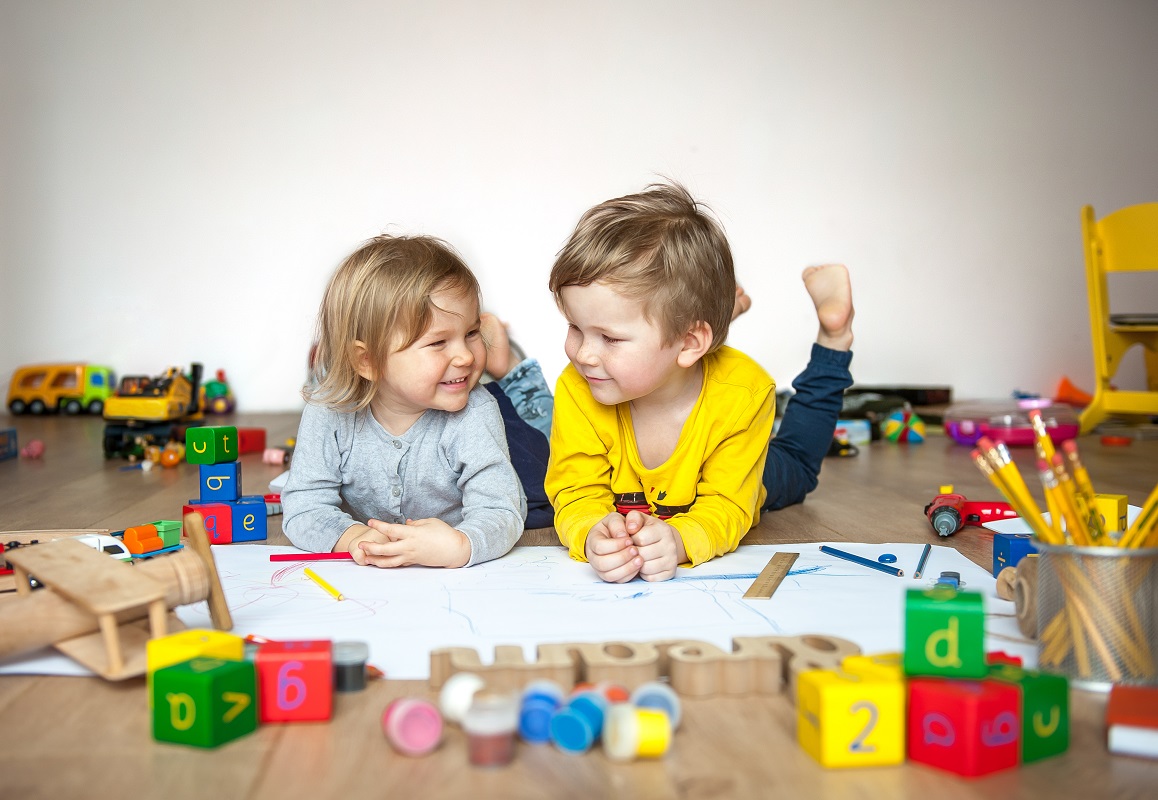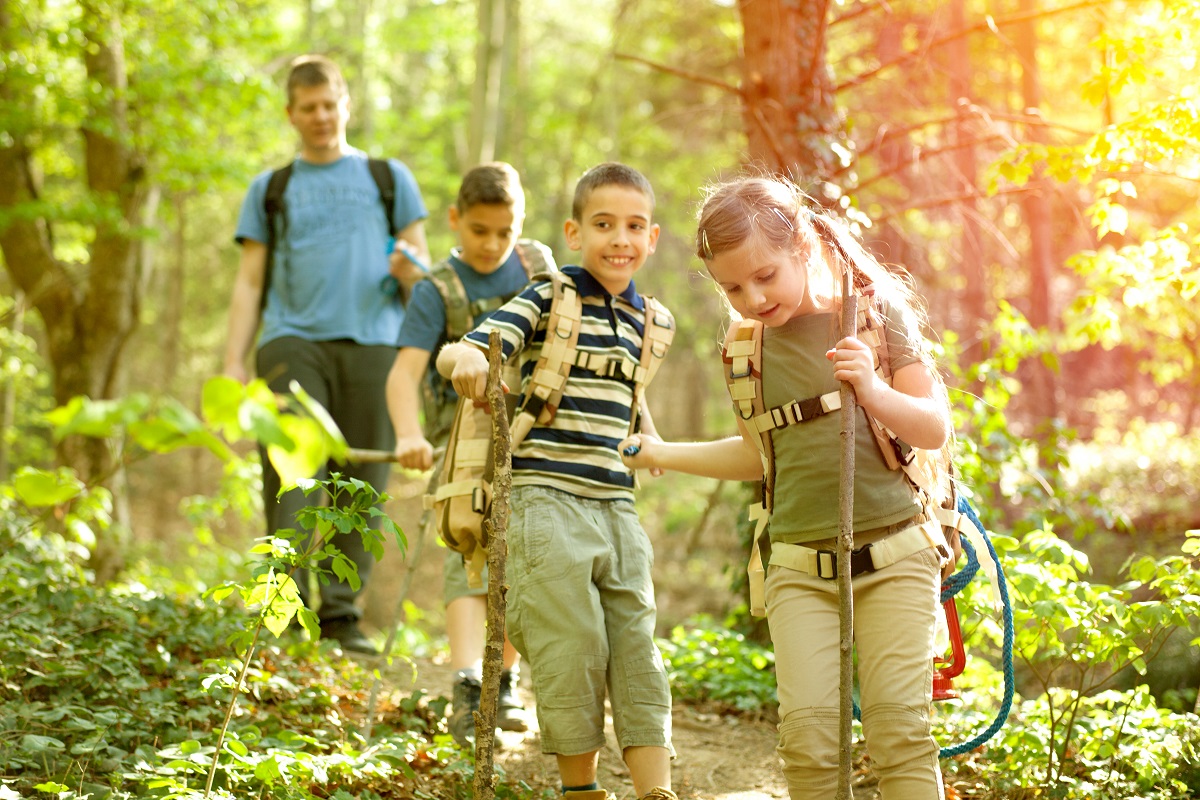- Parenting is crucial in shaping children into successful, responsible adults by teaching vital life skills.
- Social skills are fundamental for emotional health, academic success, and effective interaction with others.
- Personal skills like driving, cooking, self-learning, and time management ensure self-reliance and survival in independent living.
- Survival skills like first aid, navigation, and outdoor survival skills equip children to handle unexpected situations safely and effectively.
Parenting assumes a critical function in readying children for adulthood. The actions and teachings of parents shape children into responsible adults capable of handling a wide range of life’s challenges. Research conducted by the American Psychological Association reveals that children benefiting from high-quality parental guidance and support have a 34% higher likelihood of blossoming into successful adults. This success traverses beyond the professional sphere to include abilities such as forming and sustaining healthy relationships, effectively managing finances, and contributing constructively to society. Hence, the integral nature of parenting in grooming children for adulthood is beyond doubt.
Parents must teach their children essential life skills to make them self-reliant and capable of tackling the world. Life skills refer to abilities fundamental for dealing with everyday challenges in personal, professional, or social environments. Teaching children these basic yet crucial life skills involves encouraging, empowering, and exposing them to situations where they can apply them. Here are a few priorities to consider when teaching your kid essential life skills:
Social Skills

Social skills are pivotal in promoting a child’s emotional health and establishing successful relationships. They equip children to interact effectively with others, empathize, and work collaboratively. These skills are significant for their social interactions and are crucial to academic success and future professional life.
Too often, children struggle with challenges from inadequate social skills, including difficulty making friends, low self-esteem, or academic struggles. Parents can help children navigate these challenges and enhance their development by teaching social skills.
To nurture social skills:
- Encourage Interaction: Regular interaction with diverse people can help children understand different perspectives, develop empathy, and learn appropriate ways to respond in various situations. This could involve participation in group activities, playdates, or family gatherings.
- Role-Playing: Role-playing can be a fun and effective way to teach kids social skills. It provides a safe environment for them to practice and learn from their mistakes. Discuss various social scenarios and let your child enact how they’d respond.
- Modeling Behavior: Children often learn by observing adults. Display positive social behavior, like active listening, sharing, and showing respect; your child will likely imitate them.
Regular practice and positive reinforcement are essential for these skills to become a natural part of your child’s behavior. It might take time, but with patience and consistency, you will see progress.
Essential Personal Skills
A parent’s responsibility is essential to help their children develop personal skills, ensuring survival when living independently. These skills are necessary for an individual to manage oneself, set and achieve goals, and make self-care a priority. Some of these essential personal skills include:
Driving Skills
Ensuring your child is capable behind the wheel is a crucial life skill that promotes safety and independence. The value of responsible driving should not be underestimated, and parents play a significant role in teaching this skill. Enrolling your child in an 8-hour online driver improvement program can help them understand traffic rules, defensive driving techniques, and responsible driving behaviors. Parents can also provide practical experience by allowing supervised driving sessions and a safe environment for their children to make and learn from their mistakes.
Cooking Skills
Cooking is a fundamental life skill that promotes healthy eating habits and self-reliance. Teaching your child to cook equips them with essential skills and provides an excellent opportunity to impart lessons about nutrition and healthy eating. Start with simple recipes and gradually introduce more complex dishes. Ensure they know the basics, such as safely using kitchen appliances, understanding measurements, and following recipes. Cooking can be fun, so ensure the learning process is enjoyable and rewarding.
Self Learning
Learning independently is a crucial life skill that will serve your child throughout their life, academically and professionally. Encourage curiosity, exploration, and a growth mindset in your child. Show them how to find reliable information sources, think critically about what they see, and apply their new learning in real-life scenarios.
Time Management
Time management is a vital life skill that can significantly influence your child’s future success. It involves planning, setting goals, organizing, and prioritizing tasks effectively. Teach them to use planners or digital tools to manage their schedules. Discuss the importance of maintaining a balanced life, including time for rest, play, and personal interests, along with their responsibilities. Remember, it’s not about filling every minute with structured activities but learning to use time wisely and purposefully.
Survival Skills

Survival skills are crucial for every individual, especially children, as they can handle unexpected situations effectively and safely. Parents teaching survival skills equip children with the knowledge and confidence to navigate life’s uncertainties. These skills promote independence and self-reliance and foster a strong sense of responsibility, enhancing the child’s ability to assess risks and make sound decisions.
For instance, first aid knowledge is an invaluable survival skill. Children should be taught the basics of first aid, including cleaning a wound, applying a bandage, or performing CPR. Understanding first aid can be a lifesaver in emergencies, fostering a sense of responsibility and readiness to act when required.
Moreover, navigation skills are essential, especially in this era of digital dependence. While GPS is convenient, children should also learn how to read a map or use natural indicators for direction, preparing them for any eventuality.
Finally, basic outdoor survival skills can be highly beneficial, such as building a shelter, starting a fire, or finding clean water. These skills prepare children for unexpected situations and inspire resilience and problem-solving abilities.
Remember, while teaching these skills, ensuring the lessons are age-appropriate and taught in a safe, controlled environment is crucial. The goal is not to instill fear but to prepare them for life’s many adventures.
Final Thoughts
Teaching children essential life skills is integral to parenting, as these skills shape them into capable, responsible adults. Parents empower their children to lead fulfilling lives and contribute positively to society by teaching social skills and personal and survival abilities. Instilling these essential life skills in your child is never too early or too late. Remember that every lesson taught with patience, consistency, and positivity lays a strong foundation for your child’s future success.







